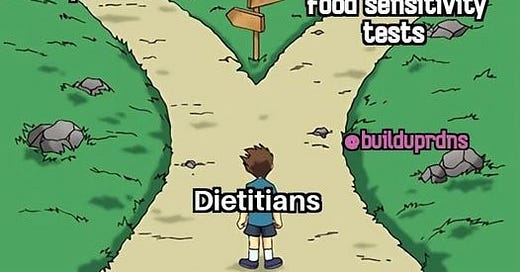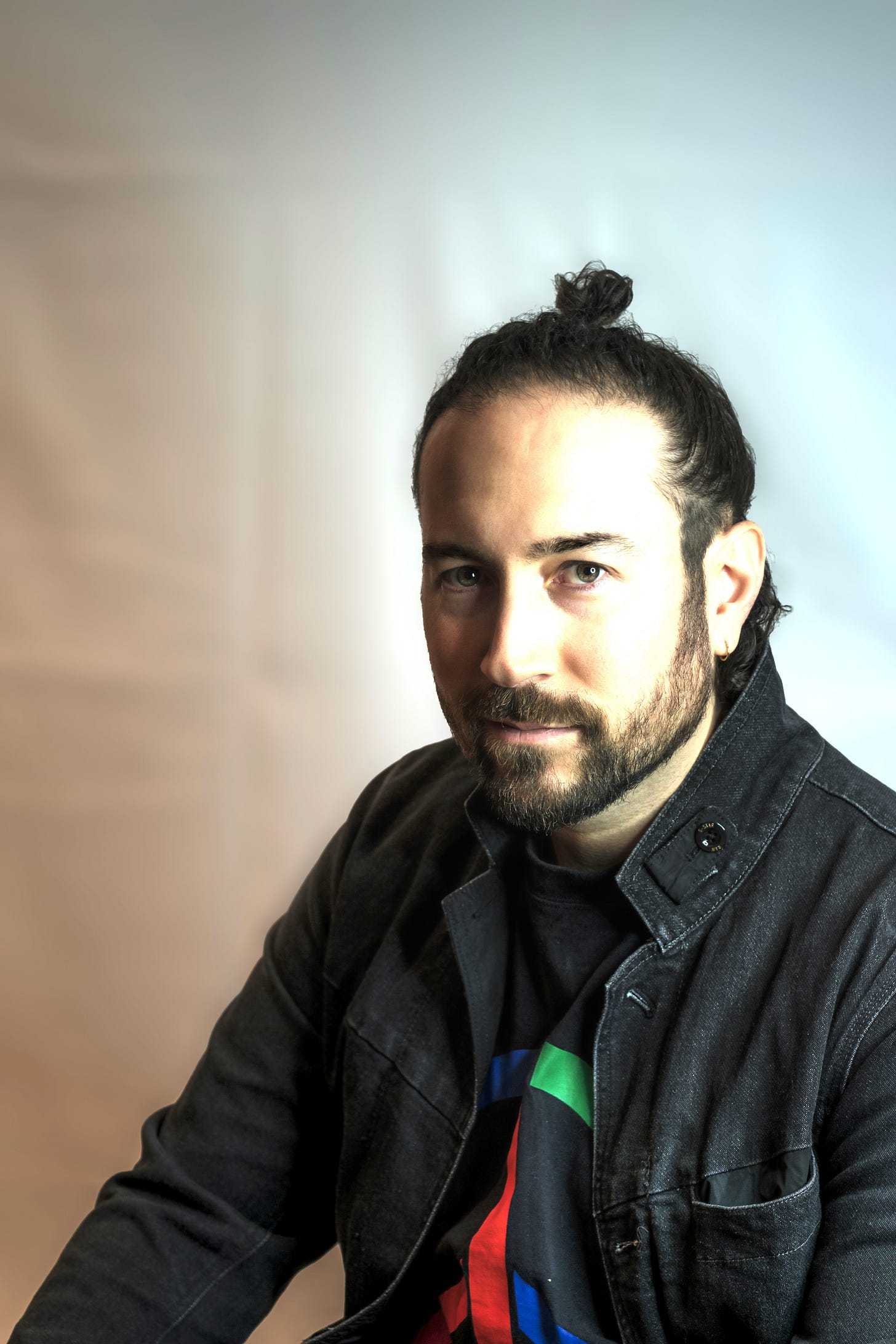8/23/24: The Dark Side of Dietetics; Spotlight: Dr. Jonathan Stea; Q/A from Build Up Dietitians LTC Group; #Sponsored: 1.5 FREE CPEUs & more
"Nutrition News You Can Use"
This newsletter is FREE thanks to #Sponsored content (notice of FREE CPEU’s)….ENJOY and please consider becoming a FREE or PAID subscriber.
💡Spotlight:
Dr. Jonathan Stea (Clinical Psychologist & Author)
Dr. Jonathan N. Stea is a full-time practicing clinical psychologist and an adjunct assistant professor in the Department of Psychology at the University of Calgary. He’s a two-time winner of the University of Calgary’s Award for Excellence in Clinical Supervision and co-editor of the book Investigating Clinical Psychology: Pseudoscience, Fringe Science, and Controversies. Dr. Stea has published extensively, with regular contributions to Scientific American and Psychology Today…
Dr. Stea’s new book, “MIND THE SCIENCE: SAVING YOUR MENTAL HEALTH FROM THE WELLNESS INDUSTRY” …provides readers with a science-backed takedown of pseudoscience, as well as an understanding of its evolution, seduction, and solution. In part, this involves exposing the mental health misinformation that pervades healthcare, pop culture, social media, and the wellness industry.
Connect with Dr. Stea on X (Twitter), Facebook, Instagram, and Threads.
Dr. Stea’s free newsletter HERE
Question #1: Dr. Stea, you’ve been involved in addressing misinformation and disinformation for several years. Why has it been important for you to do this?
Answer: “…I’ve seen so many patients hurt by pseudoscientific grift and misinformation—and so taking to science communication is one way to help and reach a wider audience in a way that I can’t do clinically…. psychologists have an ethical duty to promote and practice evidence-based care; it is baked into our codes of ethics and legal standards of practice. In part, this involves the converse, which is to help correct misinformation.”
Question #2: Why should dietitians consider purchasing/reading your book?
Answer: “Dietitians are an integral part of evidence-based practice when it comes to assisting with mental health and illness. With so much mental health misinformation and pseudoscience permeating our culture, social media, and healthcare systems themselves, it’s important for dietitians to learn more about the nature of such misinformation and pseudoscience so that they can be better informed about how to protect themselves, as well as patients.”
Order Dr. Stea’s “MIND THE SCIENCE: SAVING YOUR MENTAL HEALTH FROM THE WELLNESS INDUSTRY” here: www.JonathanStea.com or on Amazon HERE
📅Save the Date:
Build Up Meet Up MINNEAPOLIS
Sunday, October 6th - 5-7pm CENTRAL
🙋♀️❓Question: Build Up Dietitians LTC Group
Answers:
Amanda S. “An argument can be made that it is not an easy job at all, but it can be a good job. It will teach you many lessons such as a hard work ethic, what it takes to be a leader, to have empathy for others, time management, communication skills in tough situations, and problem solving independently…”.
Kelly M. “You will be likely the only RD at your facility. I recommend a first job with more than one RD, so you can go to them for advice as needed.”
Morgan A. “I think it can be a great first job for certain RDs, but it is definitely not easy. I went into consulting straight out of my internship/exam and LOVE it, but *somewhat* knew what I was getting into since I completed 2 LTC rotations. I’d say that if you thrive working independently and taking control of tasks, you'll find it manageable and highly rewarding. However, if you do best in collaborative environments where you can interact with others, get regular input/direction, and share responsibilities then I would not recommend.”
Diana H. “Absolutely not. You’re usually on your own, so as a first time RD, it would be a great place to learn bad habits and get into trouble. I highly recommend starting somewhere where you can learn from the wisdom of other experienced RDs.”
🆓1.5 FREE CPEUs! #Sponsored
Webinar: Feeding the Mind and Body: Collaborative Care to Optimize Nutrition and Food Education in the First Five Years of Life | Second Century Education Register HERE
😁#Just4Fun - SATIRE
Substack: Little-Known Benefits of Microplastics - by Ginny Hogan
“….Vindication that you never did Keto: With the rise of microplastics, it’s clear that no food is truly healthy. Therefore, you’re just as justified in eating a burrito as you are in eating a broccoli smoothie. It’s not about what percent of your body mass is fat. It’s about how 25% of all of us are plastic.”








